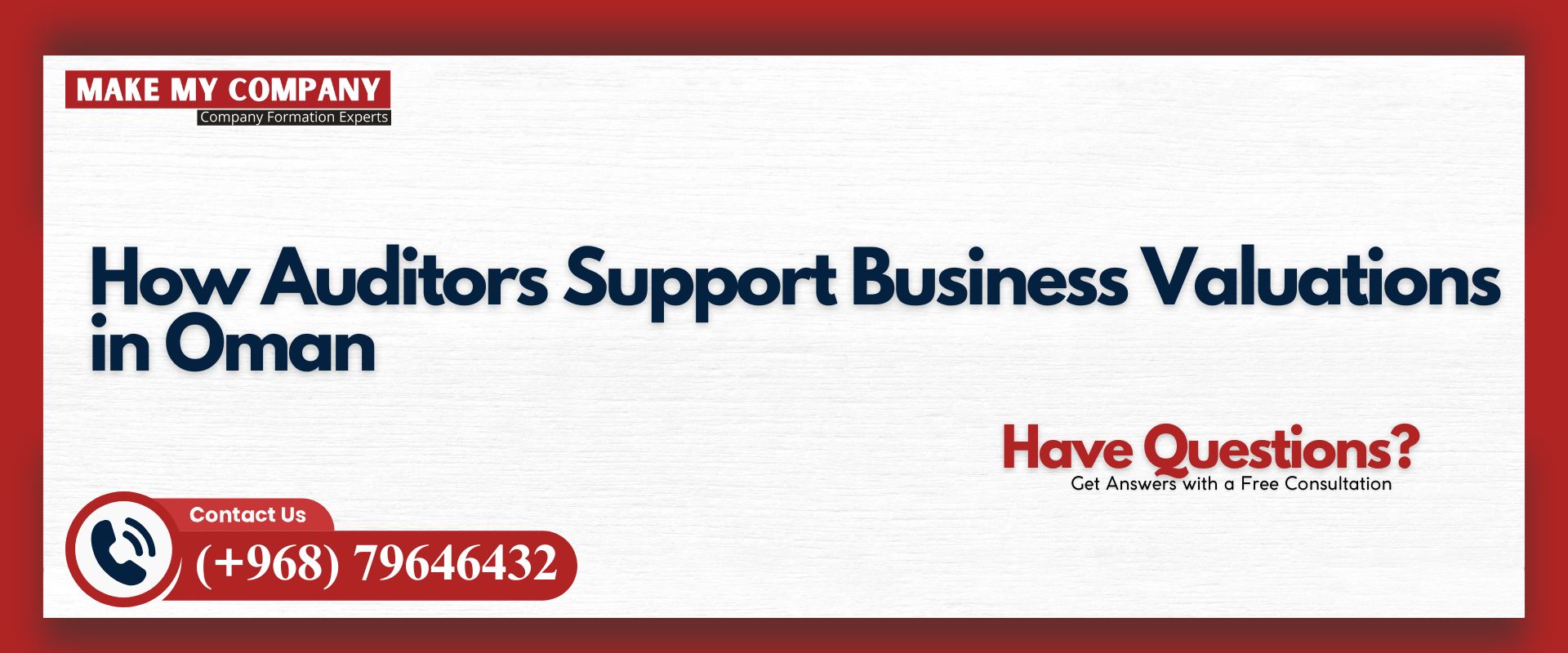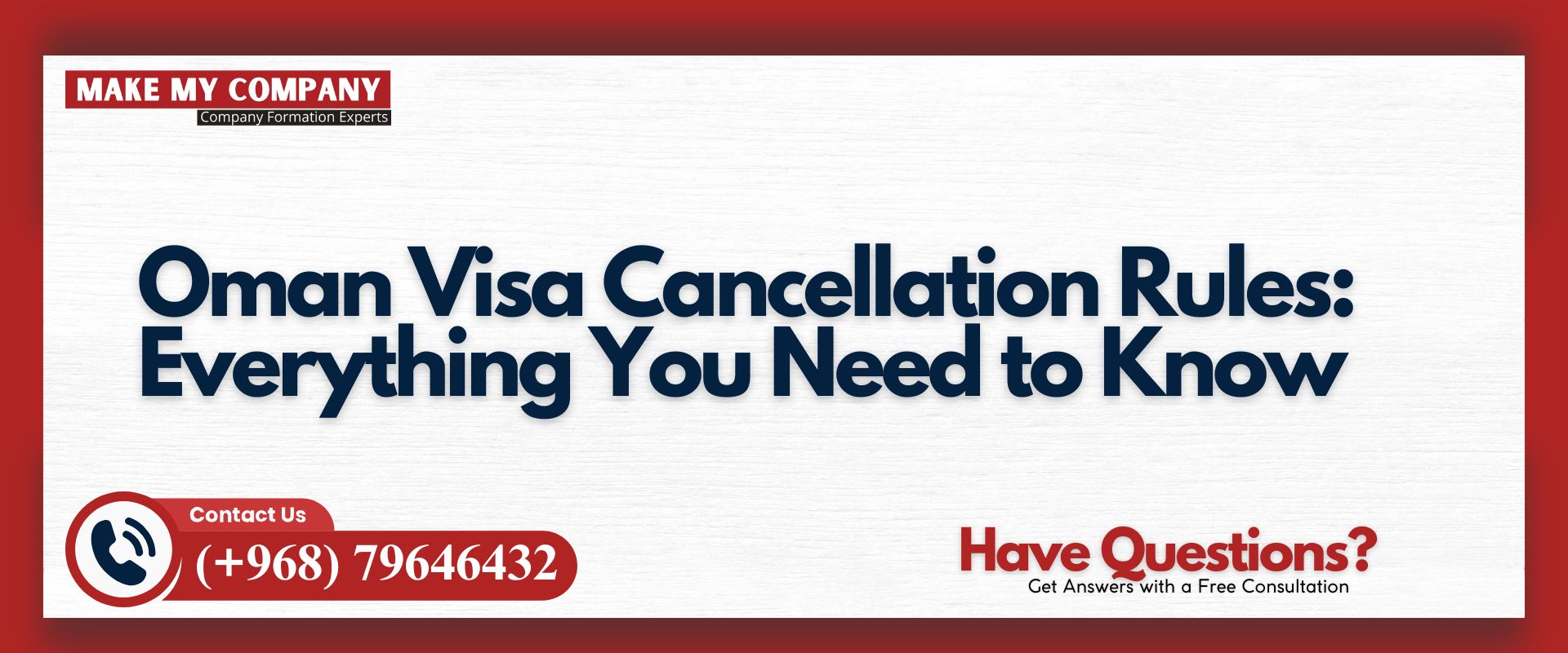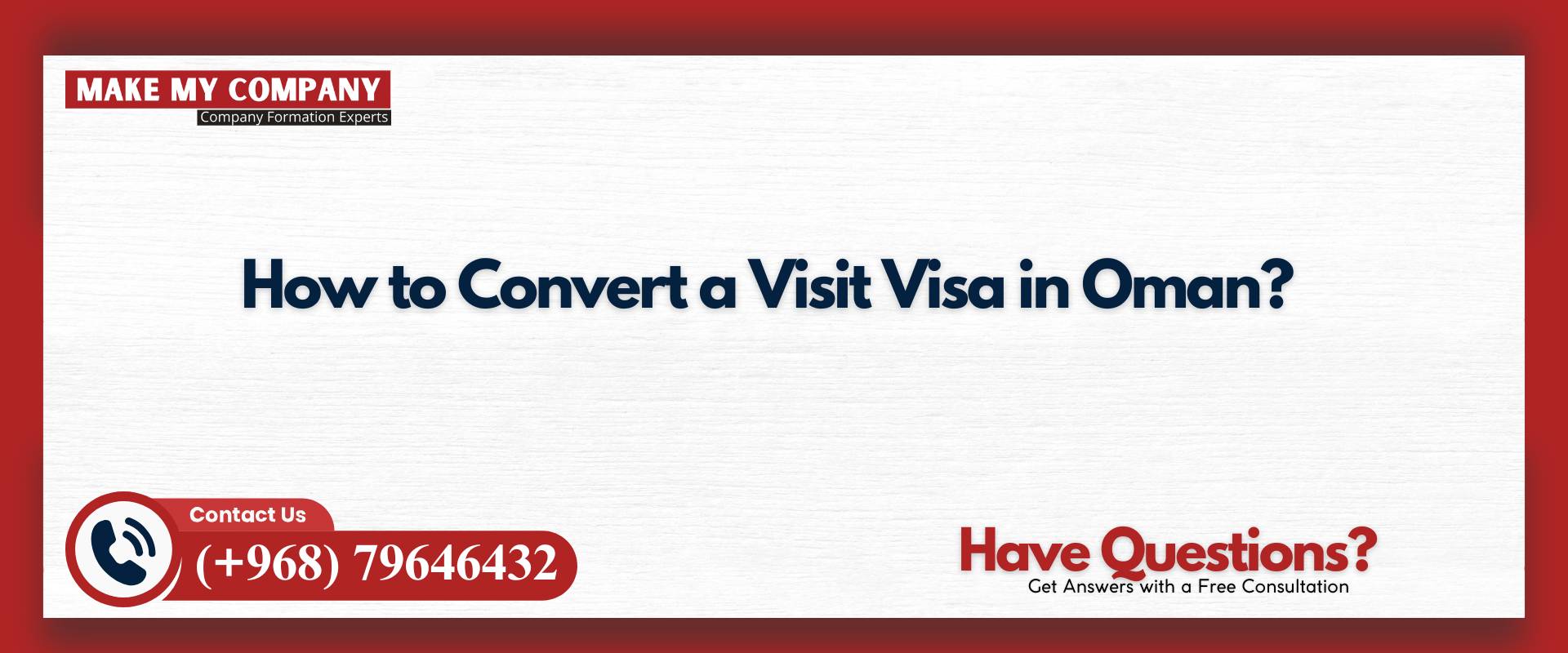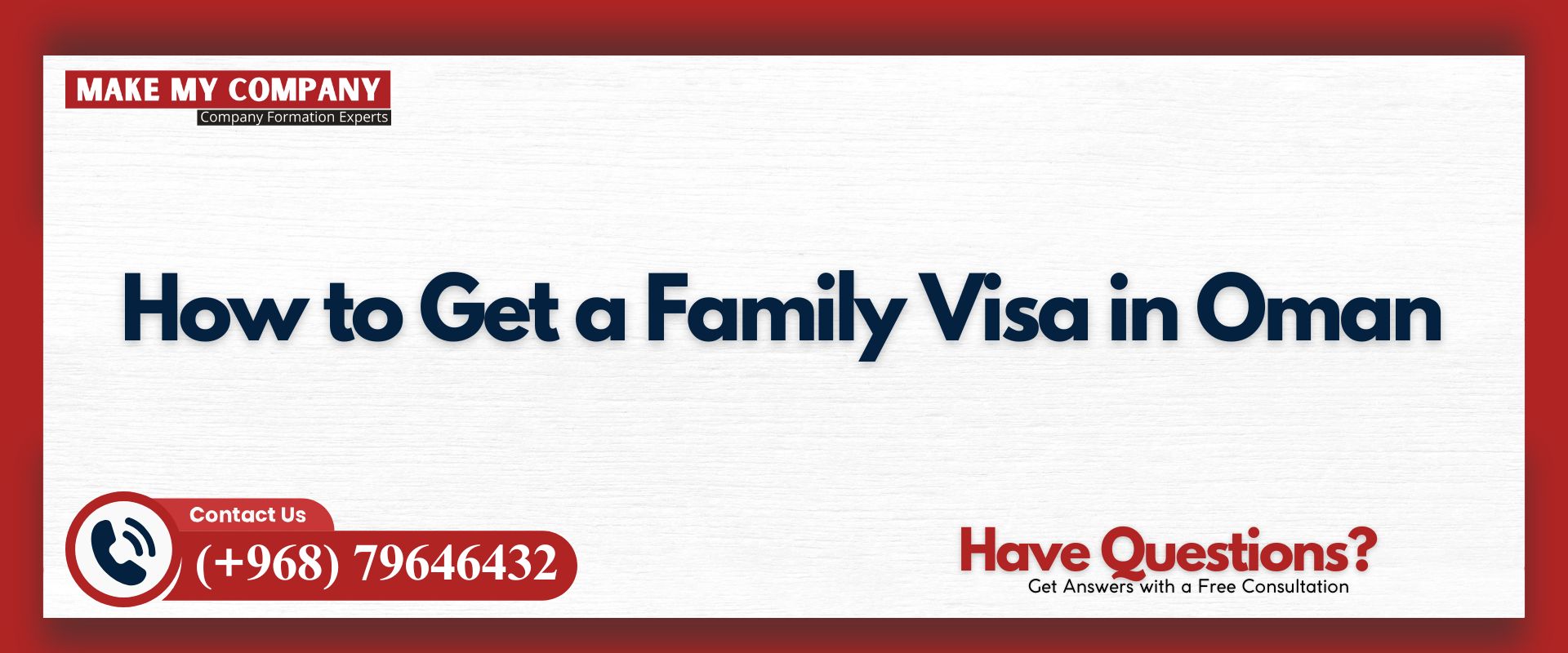The Sultanate of Oman has positioned itself as a strong business hub in the Gulf, attracting both local and foreign investors. For companies seeking growth, expansion, or even exits, accurate business valuations in Oman are critical. But valuation is not just about numbers—it requires precision, compliance, and professional verification. This is where auditors in Oman play a vital role.
Auditors ensure that a company’s financial records are reliable, regulatory requirements are met, and valuation methods are properly applied. Their independent oversight builds trust among stakeholders and investors, making valuations credible and defensible.
This article explores in depth how auditors support business valuations in Oman, the processes they follow, the benefits they bring, and the challenges businesses should be aware of.
Table of Contents
Understanding Business Valuations in Oman
Business valuations provide clarity on a company’s worth, essential for decision-making in mergers, investments, or restructuring. In Oman, valuations ensure transparency and compliance with financial standards. Accurate assessments guide investors, regulators, and owners, helping them evaluate growth opportunities, manage risks, and create trust in financial markets.
What Is a Business Valuation?
A business valuation in Oman refers to the process of determining the economic value of a company. This valuation may be needed for mergers and acquisitions, shareholder agreements, litigation, tax purposes, or financial reporting.
Why Valuations Matter in Oman
In Oman, valuation is especially important because investors, regulators, and partners expect transparency. Whether you are raising capital, selling shares, or restructuring, valuation provides a clear financial picture. Without independent verification, the numbers may not inspire confidence.
The Role of Auditors in Business Valuations
Auditors add credibility by verifying financial data used in valuations. Their independent analysis ensures numbers reflect reality, reducing risks of over- or undervaluation. They also check compliance with global and local accounting standards, giving stakeholders confidence that reported values are accurate, fair, and supported by reliable documentation, especially when engaging professional auditing services in Oman.
Independent Verification of Financial Data
Auditors ensure that the financial statements used in valuations are free from material misstatements. Their review guarantees that the numbers reflect the true financial health of the company.
Ensuring Compliance with IFRS and Omani Standards
Auditors in Oman work in line with International Financial Reporting Standards (IFRS) and local regulatory guidelines. By aligning valuations with these standards, they ensure compliance and credibility.
Reducing Risk for Investors and Stakeholders
An auditor’s involvement reduces the risk of inflated valuations or hidden liabilities. Investors and banks often insist on audited financials before making decisions.
Why Businesses in Oman Need Auditors for Valuation
For businesses in Oman, auditors are essential in presenting valuations that attract investors and satisfy regulators. Their expertise builds confidence during mergers, acquisitions, or fundraising. By offering unbiased reviews, auditors help businesses secure capital, avoid disputes, and maintain credibility with partners, banks, and government authorities.
Building Investor Confidence
When investors review opportunities in Oman, they want assurance that financial figures are accurate. Audited valuations in Oman give confidence and attract both domestic and foreign investors.
Supporting Mergers and Acquisitions
For businesses involved in mergers or acquisitions, auditors play a key role in due diligence. They verify assets, liabilities, and financial performance, ensuring the valuation reflects reality.
Legal and Regulatory Requirements
In many cases, Omani regulators require audited statements for approvals. For example, when listing on the Muscat Stock Exchange or filing for certain tax matters, audited valuations are mandatory.
Key Areas Where Auditors Add Value
Auditors strengthen valuations by reviewing assets, liabilities, revenues, and expenses in detail. They assess the accuracy of records, verify fair values, and analyze cash flows. Their involvement ensures all figures used are realistic, compliant, and defensible, protecting businesses from errors, disputes, or misrepresentations in financial reporting.
Verification of Assets and Liabilities
Auditors confirm the accuracy of asset valuations, including property, equipment, and intangible assets like goodwill or trademarks. They also review liabilities to ensure that debts and obligations are correctly recorded.
Revenue and Expense Analysis
Valuations often rely on historical and projected earnings. Auditors examine revenue streams and expenses to ensure projections are realistic and based on verified data.
Cash Flow Accuracy
Discounted cash flow (DCF) is one of the most common valuation methods. Auditors ensure that the cash flow data used in these models is accurate and reliable.
Fair Value Measurement
Auditors help determine the fair value of assets in Oman under IFRS standards, a crucial part of modern valuation practices.
Auditors and Valuation Methods
Valuation methods like income, market, and asset-based approaches require precise application. Auditors validate assumptions, data inputs, and methodologies, ensuring each approach is properly implemented. Their oversight guarantees that valuations reflect genuine business conditions, making results more dependable for investors, regulators, and management teams involved in critical decisions.
The Income Approach
When using the income approach for valuations in Oman, auditors verify projected revenues, operating costs, and discount rates. Their oversight ensures that assumptions are reasonable.
The Market Approach
Under the market approach, auditors review comparable company data and market multiples. They ensure that benchmarks are applied correctly.
The Asset-Based Approach
In asset-heavy industries, valuation often focuses on tangible and intangible assets. Auditors ensure these assets are properly recorded and valued at fair market levels.
The Process of Auditor Involvement in Valuation
Auditors follow structured steps: reviewing financial records, verifying documentation, assessing risks, and applying recognized standards. Their process includes independent checks to confirm data accuracy and transparency. Once complete, auditors prepare formal reports that can be used for regulatory filings, negotiations, and strategic planning, offering trust to all parties.
Review of Financial Records
Auditors begin by reviewing the company’s financial statements to ensure they are complete and compliant.
Verification of Supporting Documentation
Invoices, contracts, and other documents are examined to validate reported figures.
Risk Assessment
Auditors identify risks such as overvaluation, underreporting, or misclassification.
Applying Valuation Standards
Auditors ensure compliance with IFRS, Omani laws, and industry-specific valuation standards.
Issuing Reports
Finally, auditors issue reports that can be shared with regulators, banks, or investors.
Challenges in Valuations and How Auditors Help
Valuations face challenges such as economic uncertainty, intangible asset measurement, and regulatory complexity. Auditors address these issues by applying consistent standards, testing assumptions, and offering professional judgment. Their guidance minimizes risks of mispricing or disputes, ensuring businesses maintain credibility even in dynamic or uncertain financial environments.
Uncertain Market Conditions
In times of economic volatility, valuations may fluctuate. Auditors ensure assumptions are reasonable and supported by data.
Intangible Asset Valuation
Valuing intangibles like intellectual property can be subjective. Auditors apply recognized methodologies to make valuations credible.
Regulatory Compliance
Navigating Omani regulatory frameworks can be complex. Auditors in Oman ensure businesses remain compliant while preparing valuations.
Benefits of Auditor-Supported Valuations
Auditor involvement delivers transparency, builds investor trust, and reduces the chance of legal conflicts. Companies with audited valuations often gain better access to funding and smoother negotiations. The credibility provided by auditors enhances relationships with banks, regulators, and partners, positioning businesses for stronger growth and long-term success.
Transparency and Trust
Audited valuations enhance trust among shareholders, regulators, and potential buyers.
Better Access to Funding
Banks and investors prefer working with companies that provide audited valuations, as they reduce risk.
Protection Against Disputes
In cases of shareholder disagreements or litigation, auditor-verified valuations in Oman provide defensible evidence.
The Future of Auditing and Valuation in Oman
As Oman diversifies its economy, the demand for accurate valuations will increase. Auditors are expected to adopt advanced digital tools, AI, and data analytics for greater precision. With stronger governance frameworks emerging, their role will remain central in safeguarding transparency and boosting investor confidence in the country.
Digital Transformation in Auditing
With the adoption of digital tools and data analytics, auditors can provide deeper insights and more accurate valuations.
Growth of Specialized Valuation Services
As Oman’s economy diversifies, there is growing demand for specialized valuation services, particularly in industries like oil & gas, logistics, and technology.
Enhanced Regulatory Oversight
The Omani government continues to enhance corporate governance standards. This makes the role of auditors in Oman even more vital in valuations.
Conclusion
Auditors are more than compliance officers; they are strategic partners who ensure that business valuations in Oman are accurate, compliant, and trusted by stakeholders. Their expertise in verifying financial data, applying valuation standards, and ensuring transparency helps businesses secure investments, mergers, and growth opportunities.
For companies operating in Oman, involving auditors in valuation is not just about meeting legal requirements—it is about building credibility, attracting investors, and achieving sustainable growth.
FAQs
How do auditors help businesses?
Auditors verify financial data, ensure compliance with standards, and provide independent assessments that build trust among stakeholders.
What are the auditors duties regarding verification and valuation?
Auditors verify assets, liabilities, revenues, and expenses to ensure that valuation methods reflect the company’s true financial position.
What is the salary of auditor in Oman?
On average, auditors in Oman earn between OMR 700 to OMR 1,500 per month, depending on experience and specialization.
How to audit valuation?
Auditing valuation involves reviewing financial records, verifying assumptions, checking compliance with standards, and confirming that valuation methods are properly applied.
What are the 5 methods of valuation?
The five main methods are: discounted cash flow (DCF), comparable company analysis, precedent transactions, asset-based valuation, and market capitalization.
What are the 4 types of audit?
The four types are: financial audit, compliance audit, operational audit, and forensic audit.
What are the 5 steps in the valuation process?
Defining purpose, gathering data, choosing methodology, applying calculations, and reviewing results.
What is valuation in auditing?
Valuation in auditing refers to the process of determining fair value of assets, liabilities, and overall business worth under accounting and auditing standards.
What are the 3 levels of valuation?
The three levels are: Level 1 (market-based), Level 2 (observable inputs), and Level 3 (unobservable inputs).
What are the 7 steps in the audit process?
Planning, risk assessment, internal control evaluation, testing, evidence collection, reporting, and follow-up.









